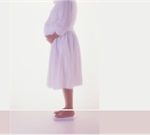
The more pregnancies losses a woman has, the greater her risk of developing diabetes, a new study suggests. Researchers examined data on nearly 25,000 Danish women who were born between 1957 and 1997 and diagnosed with type 2 diabetes between 1977 to 2017. The women were compared with a control group of nearly 248,000 women with the same ages and educational levels who didn’t have diabetes. Compared to women who’d never miscarried, those who had one, two or three lost pregnancies had an 18%, 38% and 71% higher risk, respectively, of developing type 2 diabetes. The study was published May 20 in the journal Diabetologia. “We cannot rule out that the psychological distress related to pregnancy loss can initiate lifestyle changes that increase BMI and thereby the risk of type 2 diabetes,” wrote researcher Pia Egerup, of Copenhagen University Hospital, and colleagues. BMI is short for body mass index, an estimate of body fat based on weight and height. The researchers only had BMI information for 12% of the diabetes group and 17% of the control group. Even so, they said: “Our subgroup analysis in which we adjusted for obesity still showed a significant association between pregnancy loss and type 2 diabetes, with more losses leading to a higher risk. This subgroup analysis indicated that the higher risk for type 2 diabetes in women with… read on >












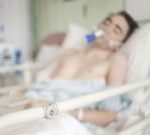
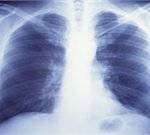
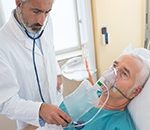

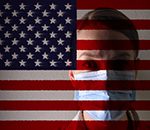

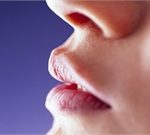








-300x200.jpg)










